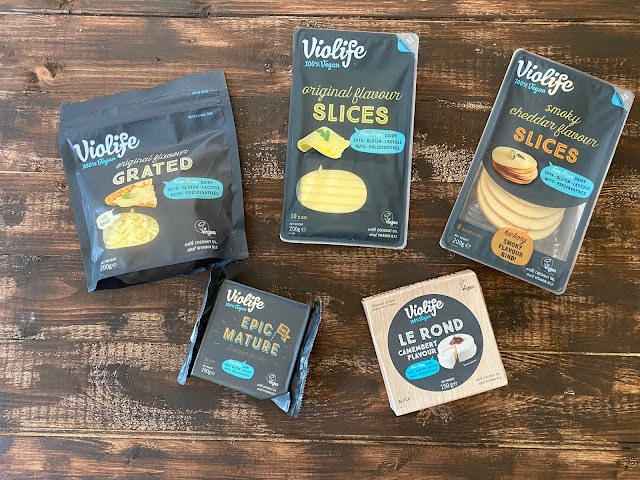Image Credit
I admire winemakers that make the extra effort to produce wine sustainably. To be a little gentler with the environment without compromising the quality of the wine. Seeing animals and birds actively playing a role in wine production, even if they only munch on insects and bugs, is good news for the environment.
So, what makes a wine organic, and why should you choose organic wines?
The absence of herbicides and pesticides is the most obvious advantage, but it goes further than that. It's not only that the grapes and vines are free of chemicals but the environment as well.
Here is a selection of great organic wines to enjoy celebrating a healthier environment.
The next time you have a celebration, why not
raise a glass to the efforts of the Soldati Family of the Piemonte region of
Italy.
Their La Scolca Soldati Millesimato d’Antan
sparkling wine is made in the Metodo classico way. In the same way, like
Champagne, the second fermentation occurs in the bottle.
A much younger wine, made predominantly with Sangiovese and a touch of the gentle Prugnolo grapes, the La Spinetta Il Rose di Casanova is a delightful rosé wine from Tuscany. The Rivetti family has spent the last forty-five years crafting great wines in the Castagnole Lanze area, and this rather elegant rose bears testimony to their diligence and skill.
It is a delightfully light wine that lends itself to summertime pre-lunch drinks around the pool. A tempting array of fruity flavors follows the welcoming freshness of the first sip. It is an excellent companion to summer salads and a seafood salad.

This Gavi wine produced from sixty-year-old vines has confirmed it's top position for wines made from the Cortese grape. A rigorous selection process ensures that only the top quality grapes are used to make this fine wine.
The wine is allowed to age through the winter on the lees, adding complexity and producing an aromatic, easy-drinking wine.
Paired with most kinds of seafood and salads ,this wine is a perfect balance of acidity and delicate fruits with a hint of almonds
Every so often, a wine appears so appealingly different from the mainstream varieties, and I guess the alternative streak in me excites my taste buds. Such a wine is the relatively rare Georgian, Tchotiashvili Tavkveri 2017. Only two thousand bottles of this deep, brightly colored red wine are produced. Organic farming methods are employed to produce the wine in the ancient traditional style.
The vines themselves are over forty years old, and the Qvevri method of fermentation is employed before the wine is decanted into barrels of French Oak. This silky-textured wine is lovely and light with fresh nuances of cherries, raspberries, and a collection of sweet spices.
This wine can rest quite comfortably for up to ten years, and a short period of allowing the wine to breathe will enhance the tasting experience.
I have to admit that I am totally in love with South African wines. They represent excellent value, and their quality has grown exponentially over the last few decades. So here I'm going to recommend a Pinotage wine from the Beaumont winery.
Pinotage is a South African wine. Originally a combination of Pinot Noir and what was then known as Hermitage but subsequently found to be Cinsaut. Pinotage survived a rocky start, but the Kanonkop Pinotage was judged as the best red wine at the Robert Mondavi Awards in the early nineteen nineties.
The Beaumont Pinotage is an excellent example of the strides made in improving South African wines. The vines are over forty years old, and the wine is initially stored in concrete tanks and then aged in oak barrels for one and a half years.
Pinotage has a deep dark color and is full-bodied. It can comfortably rest for up to seven years, but I suspect it may improve even more with a further year or two. The wine is an excellent companion to warm winter meals of succulent beef and venison.
The Beaumont family moved away from the cooperative system in the mid-nineteen nineties to produce their own wines. Now second-generation Sebastian Beaumont works at keeping a close eye on sustainable and environmentally sound farming practices while creating excellent wines.
Conclusion
While there are no universal organic farming accreditation systems, individual grower organizations and countries have introduced qualifying requirements that allow wineries to call their wines organic.
Organic wines are a healthier option. There will still be some Sulphites in the wine but typically far less than wines not produced organically. In the USA, organic wines are not permitted to contain sulfites.
The reduced preservative content will also limit the wine's shelf life.
Organic wines are free of chemicals typically found in conventionally produced wines. Not only is this good news for controlling cholesterol levels, but organic wines will give you less of a headache if the night was a little longer than expected.
*Collaborative post













